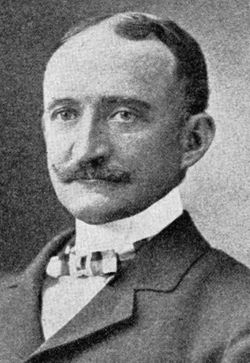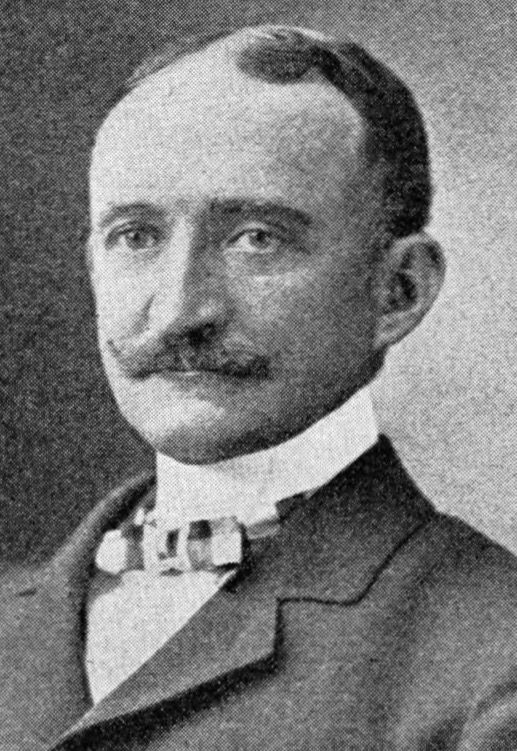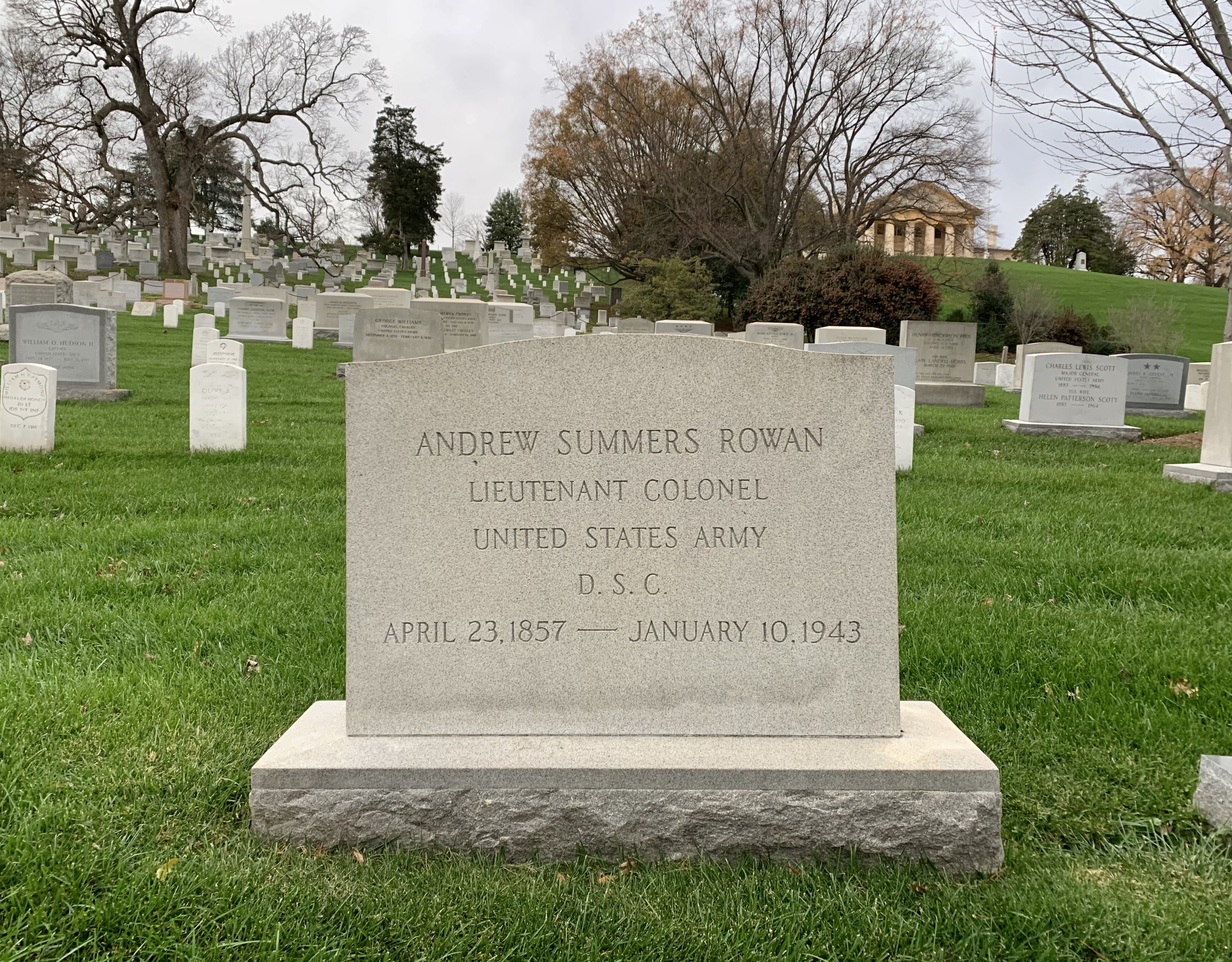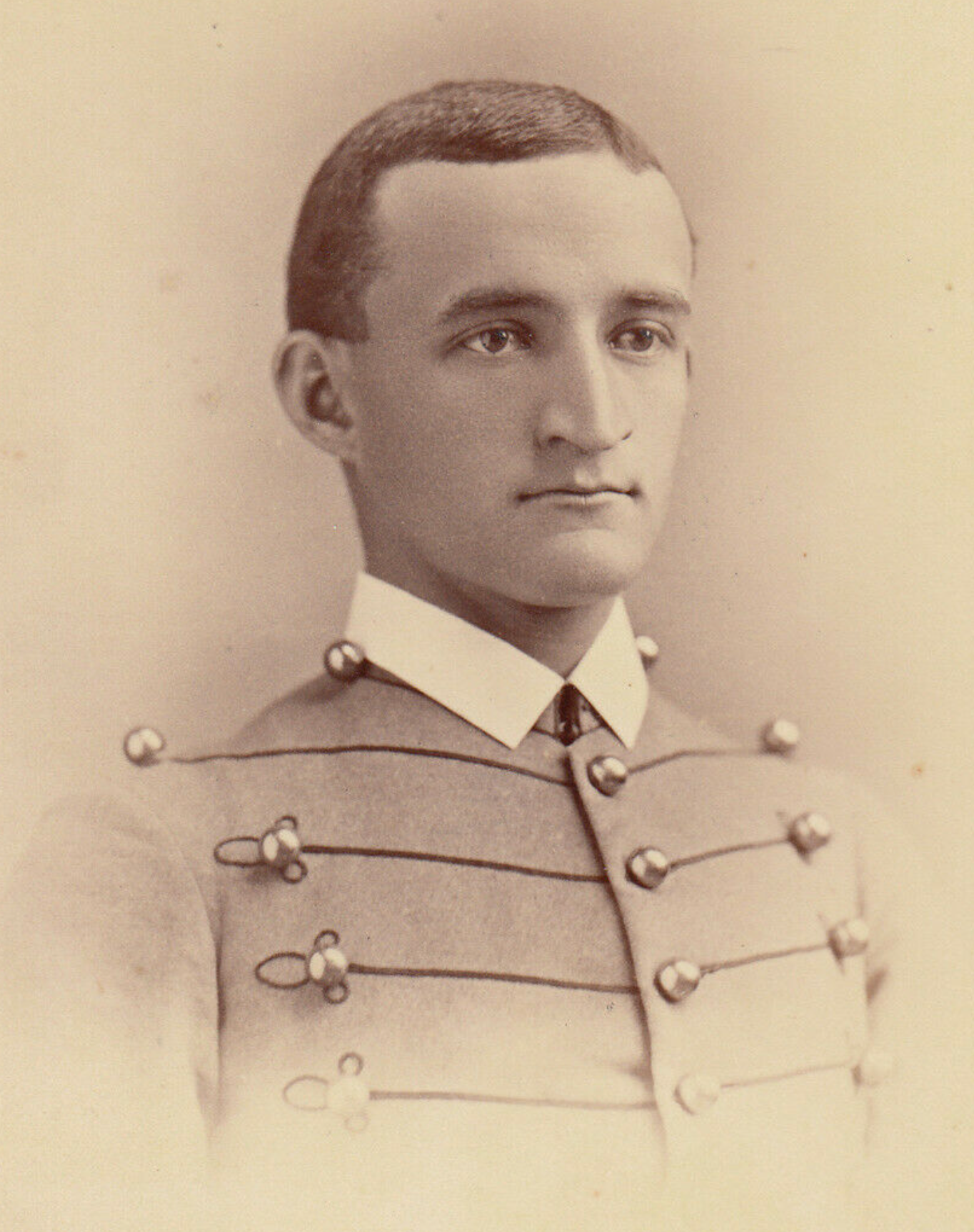Military Officer. Andrew Rowan received recognition for his covert participation as a U.S. Army officer in the Spanish-American War, who was the bearer of the "message to Garcia." Born the son of a Confederate officer in the American Civil War, he was educated at the United States Military Academy, graduating in 1881. Prior to the outbreak of the Spanish-American War in 1898, President McKinley assigned then Major Rowan to deliver an important message to rebel Cuban leader General Calixto Garcia y Íñiguez, who was requesting American support and intelligence while fighting for Cuba's independence from Spain. This task would have daunted a lesser man, for no one knew where to find Garcia, who was in hiding from Spanish officials. Without asking a single question, Rowan immediately took the message and left for Cuba, then under Spanish control, and three weeks later, successfully located General Garcia in the Cuban jungle to deliver the message. He then obtained Garcia's reply and returned back to the US to deliver the response to President McKinley. He was the subject of an 1899 publication, "A Message to Garcia," written by Elbert Hubbard, and later a 1923 autobiography written at the request of the US Army entitled, "How I Carried a Message to Garcia." These books stressed the importance of self-reliance and determination in carrying out small but important tasks in one's daily life without hesitation and doubt, and they were widely read throughout the United States. The books were also used by school teachers as a guide to young people in bettering their lives by pointing out the lesson of taking on difficult tasks in life in order to grow professionally, regardless of career choice. After his successful delivery of the message, Rowan was promoted to the rank of Lieutenant Colonel in the 6th United States Volunteer "Immunes" Infantry Regiment. The 6th Regiment occupied postwar Puerto Rico. For his valor and actions in Cuba during the war, he was awarded the Distinguished Service Cross. After the Spanish-American War, he served with the 19th Infantry Regiment in the Philippine Islands, where he was awarded a Silver Star Medal for his actions at Sudlon Mountain. He retired from the US Army in 1909 and was the subject of a 1936 movie, "A Message to Garcia," starring John Boles. He was posthumously inducted into the US Army's Military Intelligence Hall of Fame.
Military Officer. Andrew Rowan received recognition for his covert participation as a U.S. Army officer in the Spanish-American War, who was the bearer of the "message to Garcia." Born the son of a Confederate officer in the American Civil War, he was educated at the United States Military Academy, graduating in 1881. Prior to the outbreak of the Spanish-American War in 1898, President McKinley assigned then Major Rowan to deliver an important message to rebel Cuban leader General Calixto Garcia y Íñiguez, who was requesting American support and intelligence while fighting for Cuba's independence from Spain. This task would have daunted a lesser man, for no one knew where to find Garcia, who was in hiding from Spanish officials. Without asking a single question, Rowan immediately took the message and left for Cuba, then under Spanish control, and three weeks later, successfully located General Garcia in the Cuban jungle to deliver the message. He then obtained Garcia's reply and returned back to the US to deliver the response to President McKinley. He was the subject of an 1899 publication, "A Message to Garcia," written by Elbert Hubbard, and later a 1923 autobiography written at the request of the US Army entitled, "How I Carried a Message to Garcia." These books stressed the importance of self-reliance and determination in carrying out small but important tasks in one's daily life without hesitation and doubt, and they were widely read throughout the United States. The books were also used by school teachers as a guide to young people in bettering their lives by pointing out the lesson of taking on difficult tasks in life in order to grow professionally, regardless of career choice. After his successful delivery of the message, Rowan was promoted to the rank of Lieutenant Colonel in the 6th United States Volunteer "Immunes" Infantry Regiment. The 6th Regiment occupied postwar Puerto Rico. For his valor and actions in Cuba during the war, he was awarded the Distinguished Service Cross. After the Spanish-American War, he served with the 19th Infantry Regiment in the Philippine Islands, where he was awarded a Silver Star Medal for his actions at Sudlon Mountain. He retired from the US Army in 1909 and was the subject of a 1936 movie, "A Message to Garcia," starring John Boles. He was posthumously inducted into the US Army's Military Intelligence Hall of Fame.
Bio by: Jeff Berry
Family Members
Advertisement
See more Rowan memorials in:
Advertisement










